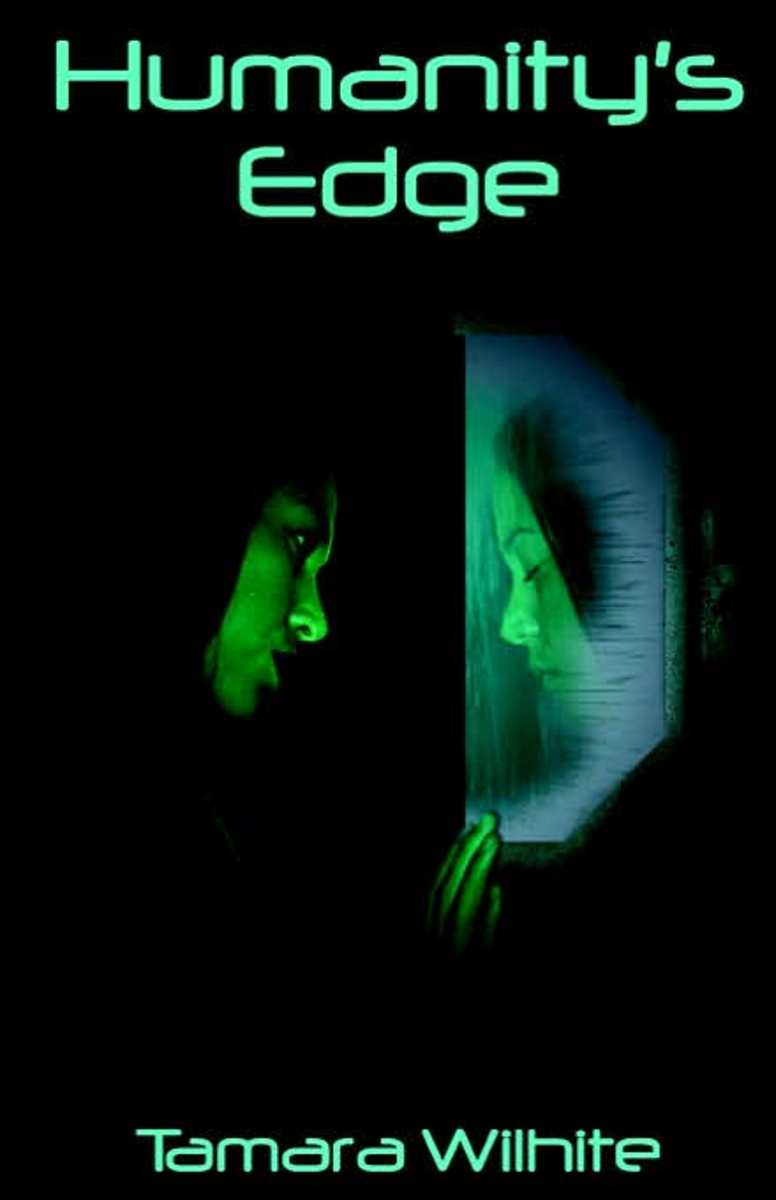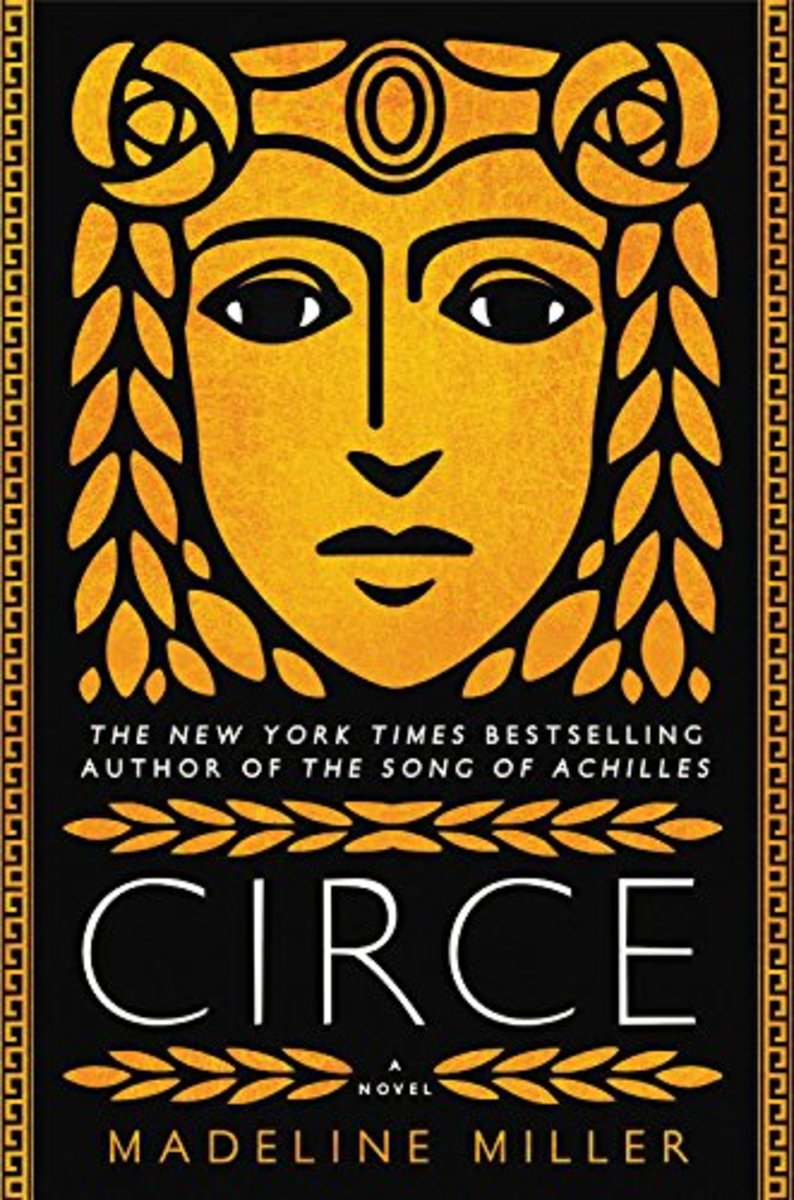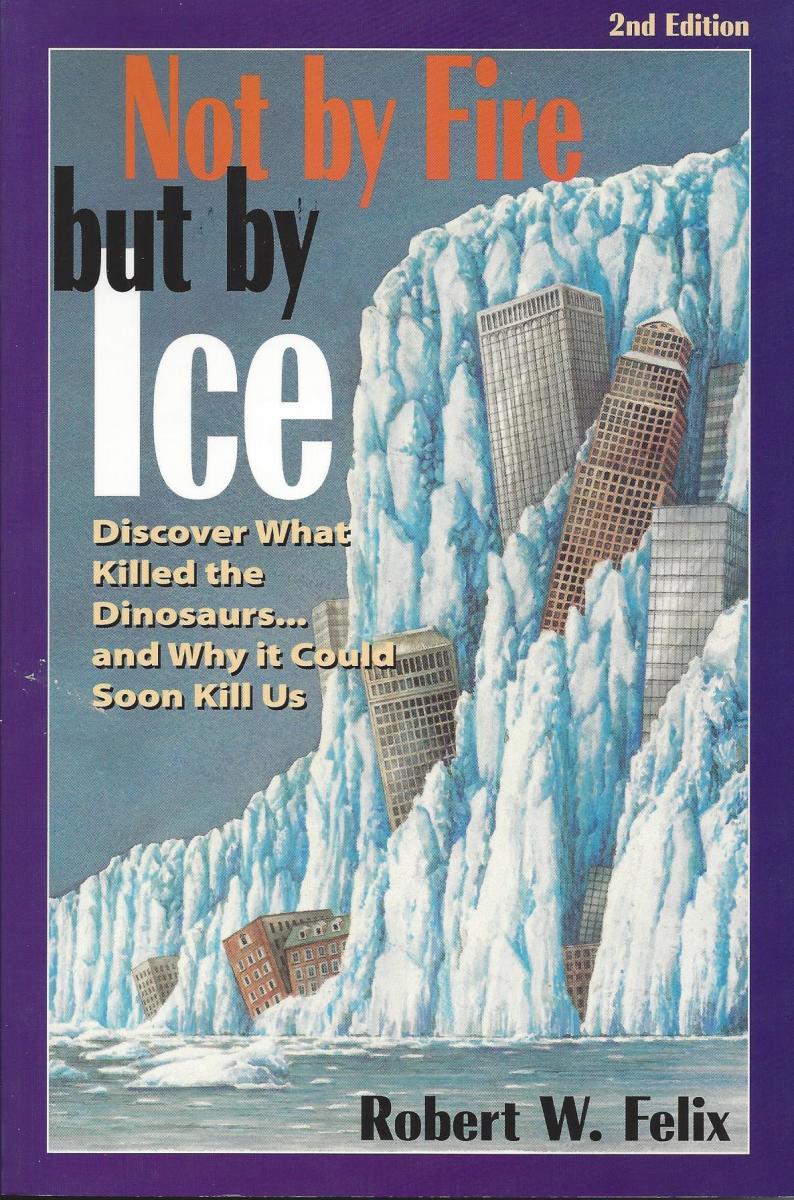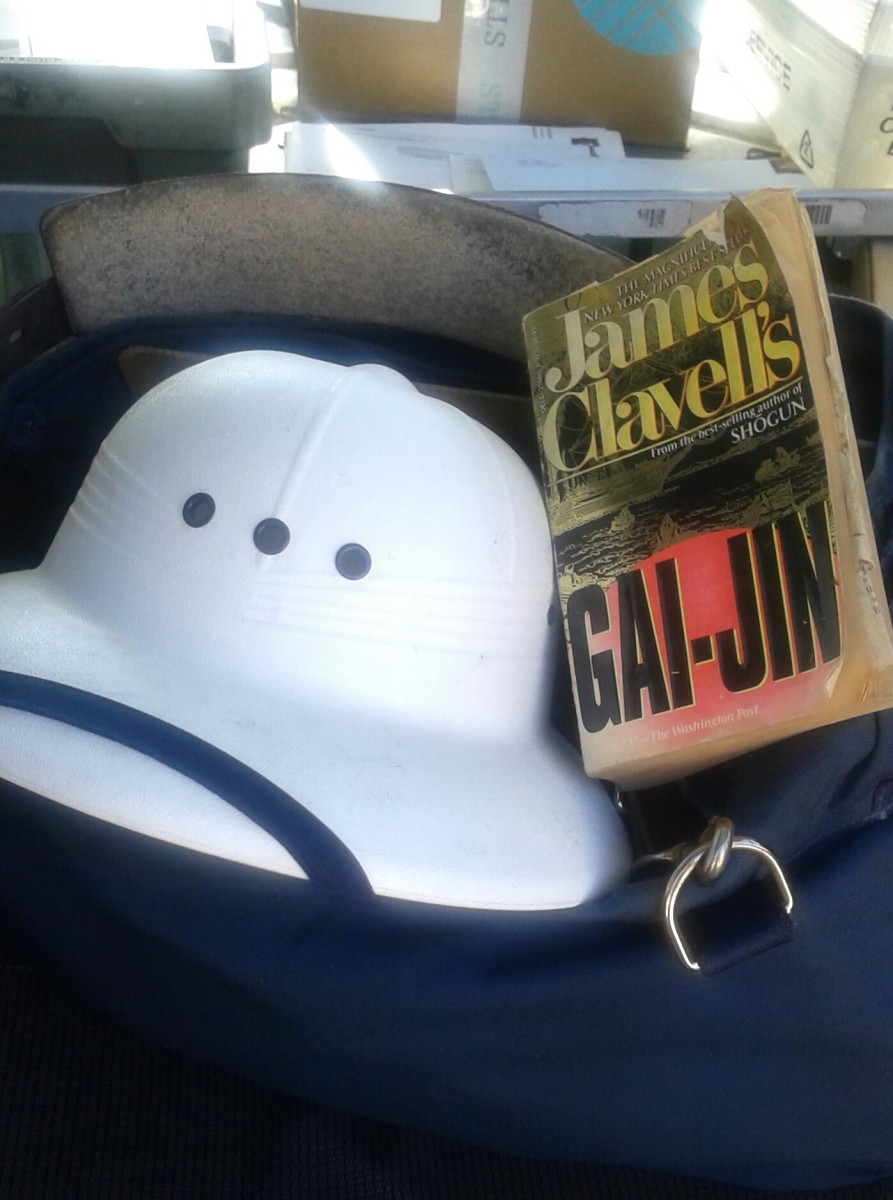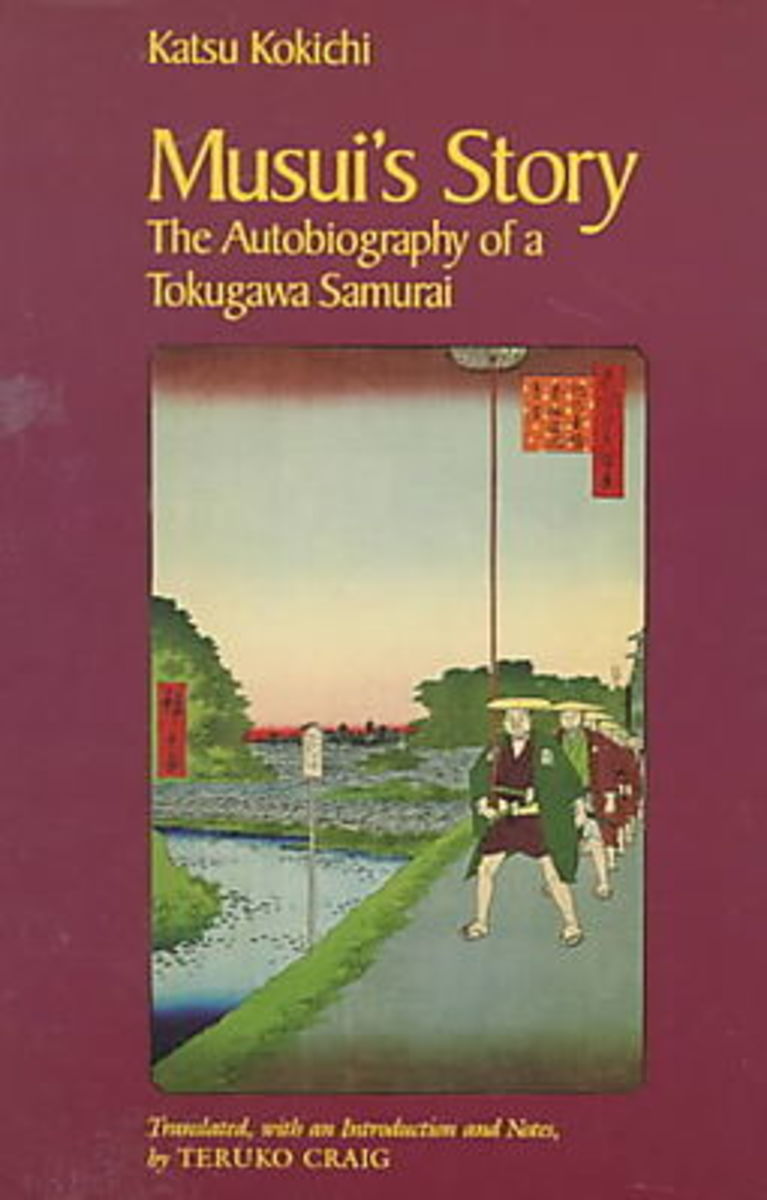Book Review: 'Implosion'
Introduction
“Implosion” by D. F. Jones is a 1960s scifi book that is a precursor to works liked “Children of Men”, “A Handmaid’s Tale” and similar infertility based dystopian books. It is an early look at what can happen when the rights of the individual run up against the right of the people to survive. What are the pros and cons of this book, and how does it compare to more recent scifi post-apocalyptic books?
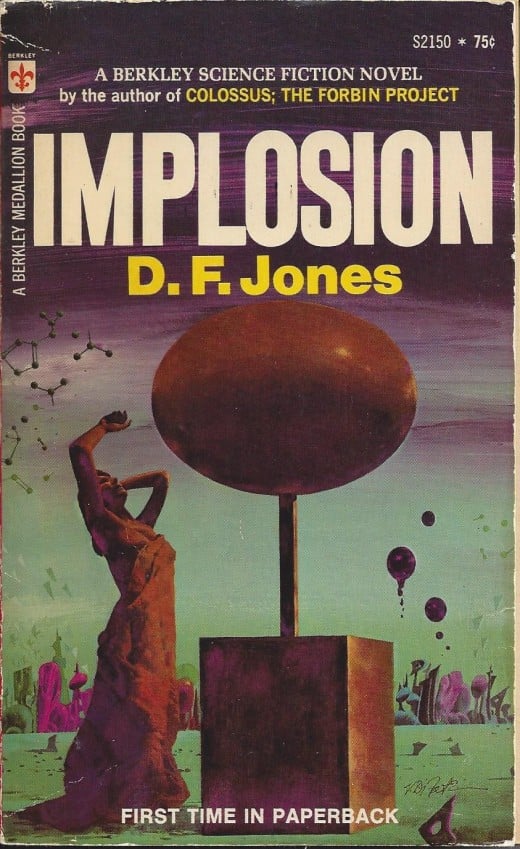
The Points in Favor of Implosion
How does a potent sterilizing agent get developed, and how does it get deployed worldwide? “Implosion” offers a very realistic scenario of the research that could create such an agent for productive use readily turned into a weapon that goes global was others discover and then use it themselves on their enemies.
This book is less than 300 pages, whereas a modern version would be 500 pages plus or turned into a three book series.
So many books of this type are young adult dystopias, where the young adult at the center of the story stars as both the rebel against the system and source of constant identity crisis narrative. “Implosion” is more approachable because the center of the story is the educated wife of the government minister who starts rounding up fertile women … you get an adult’s perspective on the horror, not a teenaged love triangle. You have adult discussions on the self-destructive tendencies that brought humanity to this point instead of “government bad, corporations bad”.
That the minister has to send his wife to this fate for the good of humanity is a rare act of heroics and source of discussion of duty versus personal desires. Too many books today are based on the premise “if it feels good, it is good”, regardless of the impact on others. In this case, the adults are debating whether or not to go along with forced breeding to try to prevent human extinction.
When you have a society that takes the view that it takes a village to raise a child, children belong to society, it becomes very easy to say the state must take the children to raise them. There are already liberals who have this view, and they’ve had it for decades as this view shows. Give them a fertility crisis, and what would they think, say or do to nationalize the last generation? How would the state claim the kids? You see both the planning of the effort, propaganda for it and implementation. This makes “Implosion” a cerebral horror novel. That loved ones of the people orchestrating the government machinery are captured and condemned to it is outstanding irony.
Many infertility based end of the world books are a cozy catastrophe scenario doting over the youngest members or pets. This book takes you into the increasingly oppressive, isolated world of the few fertile women and how the rest of society dehumanizes them because it is jealous of them. Even when set up with the best intentions, human tendencies toward pleasure at exercising power and logical oppression of people to maximize production are clearly detailed here.
An amazing twist at the end is a classic. Few other “end of the world” books have an ending this sardonic.
The Points in Against Implosion
The constant giving of sedatives and sleeping drugs to women because they are continually getting upset and hysterical … this is the fainting couch stereotype feminists have tried to break, though modern fainting couch feminism is bringing it back.
The paperback versions of this book are old enough to have cigarette advertising in them. And despite all of Google’s scanning, there is not yet a Google books version of this work.
The book is set mostly in the 1970s with part in the 1990s. In that regard, it is only a little more dated than 1984.
Observations about the Book and Comparisons to Other Scifi Works
This book is better than many of the fertility horror stories written since 2010. The most notable include a parody of pushing people to have babies after anyone past 18 is sterile (Bumped), where the few remaining girls are rounded up and abused before testing their fertility and killed for having a boy (The Last Girl) or the last young women grow up to well-educated and cared for only to be abused and forced into reproduction (Eve). These books tap into the horrors of “I thought life would be great but reality is so horrible!” fears many have of growing up, of being forced into social roles.
The logic, though, is lacking, because no society short of breeding females would permit any of them to be tortured, abused or killed – even in a world with mostly men, the few more baby boys are hope for humanity. “Vulture’s Wake” is slightly more realistic of a response to a world where there are almost no females born. In that book, the few precious girls are raised in pampered luxury and dutiful care until they hit puberty and sent off for egg harvesting and impregnation; this aside, the deus ex machina at the end insults the readers.
Yet even “Implosion” falls into this same trap of the tyranny of oppressions trumping reason, where women are whipped for smoking even if not pregnant. If there are only so many women and they are all to be protected, you’d put them in sensory deprivation or isolation, not physically harm them. That the main female protagonist has a sterile twin sister is only another “twist” that hurts the story, because it is so convenient to the plot. It is the case of the story either being able to have dinosaurs or werewolves but not both because two is too much for the reader’s credibility.
Too many dystopian infertility stories such as the show “The Lottery” abandon reason by saying the doctor who discovered a way to fertilize embryos would be put in charge of screening surrogates instead of teaching seminars on what she did so others could try to replicate it. The investigative drama in “The Lottery” with that same character is insane, because no one would let her go off on investigative jaunts instead of trying to create more embryos. In contrast, “Implosion” starts with a look at a quieting world before jumping into how it started. And a nation that realizes its people are essentially sterilized by a weapon would engage in intelligence and espionage to try to save itself. In this area, “Implosion” is much more reasonable.
